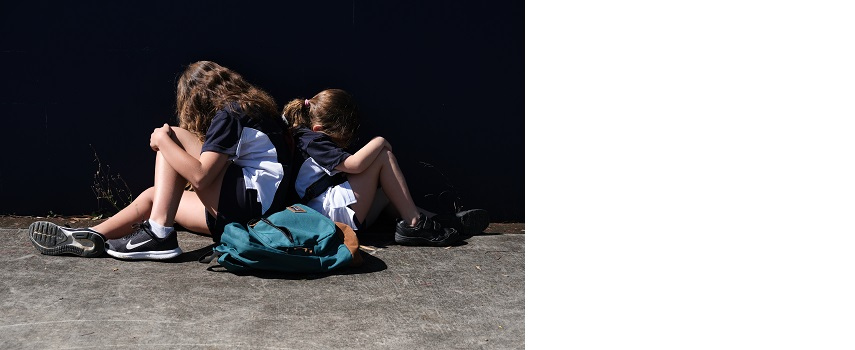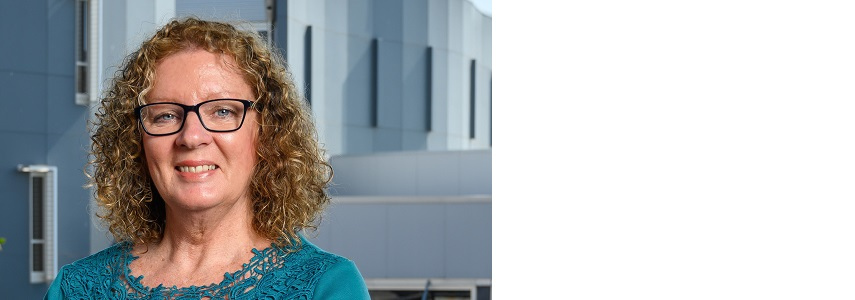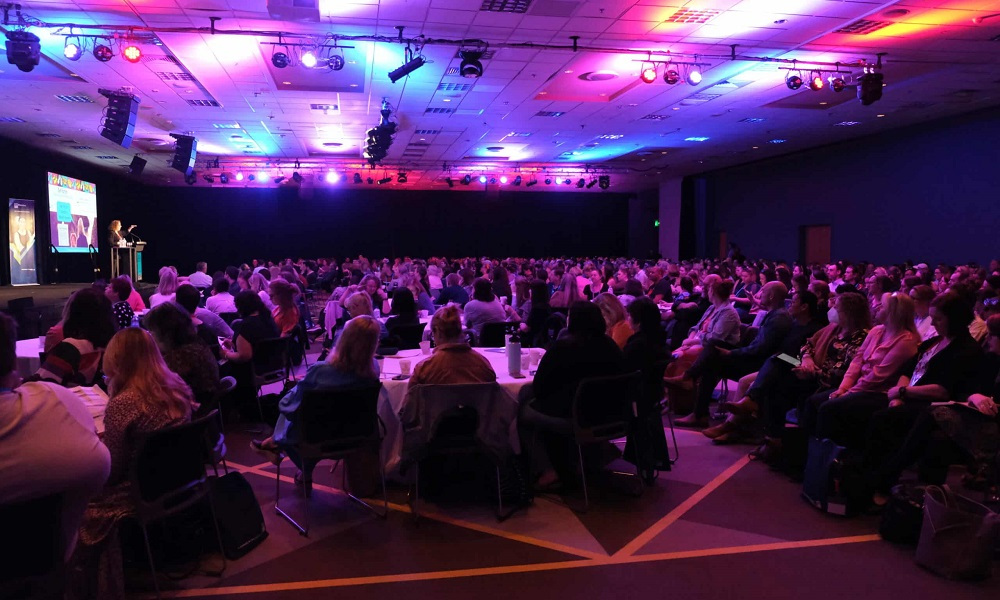Excitement is growing across Australia for the fourth, biennial Trauma-Aware Education Conference to be held in Brisbane this year (Thursday 31 October to Saturday 2 November).
The Trauma-Aware Education Conference is hosted by the Queensland University of Technology (QUT) Faculty of Creative Industries, Education and Social Justice and attracts many educators, education leaders, researchers and academics, and others interested in the support and education of trauma-impacted children and young people. This large and influential event is part of a suite of initiatives led by QUT to address the systemic problem of complex childhood trauma.
How trauma is manifesting in the lives of children and young people is a growing, costly, and extremely concerning, systemic problem that is urgently requiring an informed, systemic solution.
At such a time in history, where child maltreatment, domestic and family violence, youth crime, international war and conflict, refugee trauma, natural disasters, and other concerning societal issues are increasing in frequency and impact, it is timely for a systemic and informed approach to supporting and educating trauma-impacted young learners in schools and early childhood education programs. It is now clear that education providers are critically positioned to contribute towards this solution, due to the relational and learning environments they offer and the amount of time that young learners spend in these environments.

Due to the impact on developing nervous systems, children and young people who have lived through complex trauma can experience significant difficulties as they traverse through early childhood education and schooling.
- They can experience a general lack of capacity to feel safe in places and with people.
- They can experience a lack of capacity to read and respond accurately and effectively to social cues, which can then impact on relationships.
- They can experience extreme difficulty with emotional regulation.
Experiencing such challenges with perceiving safety, with relationships, and with emotional regulation can lead to wide-ranging challenges (including challenging behaviours) as young learners attempt to deal with their social worlds within, and outside school.
Responding in a trauma-aware manner does not mean that educators need to do more, or that they need to take on the work of therapists. Rather it means they need to be trauma-informed and supported to work in trauma-informed ways with children and young people.
- Being trauma-aware means that educators are given access to the important information about what complex trauma is, and how it can impact on the nervous systems, behaviours, learning, wellbeing, and overall education experiences of young learners.
- Working in a trauma-aware way means that educators and education sites and systems draw from what is known and recommended to address the impacts of complex trauma and are supported to embed this within their usual relational and educational work, student support processes, and education policies.
Trauma-aware education aims to improve education and life outcomes not only for trauma-impacted learners, but also for their classmates. Importantly, it also aims to enhance the personal and professional wellbeing of those adults working hard to deliver education programs.
Engaging in trauma-aware education is growing rapidly across our country and the more education systems encompass trauma-aware education as an important aspect of service delivery, the more that educators, education leaders, and trauma-impacted young learners will benefit.
The Trauma-Aware Education Conference offers a busy and exciting 3-day program packed with learning and networking opportunities to grow and enhance trauma-aware education across Australia.
The first 2 days will involve keynote addresses from national and international experts in trauma-aware education as well as many concurrent sessions delivered by education practitioners, leaders, and researchers sharing great ideas and models for this work.

Founder of the Conference Dr Judith Howard
The third day will include Master Classes delivered by keynote speakers and other education leaders and 4 dedicated streams for specialised learning. These full-day streams will focus on ‘Trauma-Aware First Nations Education’, ‘Trauma-Aware Alternative Education’, ‘Trauma-Aware Early Childhood Education and Care’, and ‘Trauma-Aware Higher Education’.
The conference will also include a ‘star-themed’ dinner for an opportunity to meet up with old colleagues and to make new acquaintances, and to enjoy a 3-course meal, drinks, entertainment and exciting prize giveaways.
The conference is very reasonably priced to make attendance easier for busy educators and education providers. There are group and student discounts on offer. There are also opportunities for organisations to partner with the conference providers through sponsorship.
For enquiries, please feel free to contact:
Education Economy (Conference Business Partner) via ben@educationeconomy.com.au
Expert Events (Conference Organisers) via: traumaconf@expertevents.com.au
Further learning opportunities offered by QUT:
Graduate Certificate Trauma-Aware Education
Master of Education Trauma-Aware Education

Visit the Education Economy website

